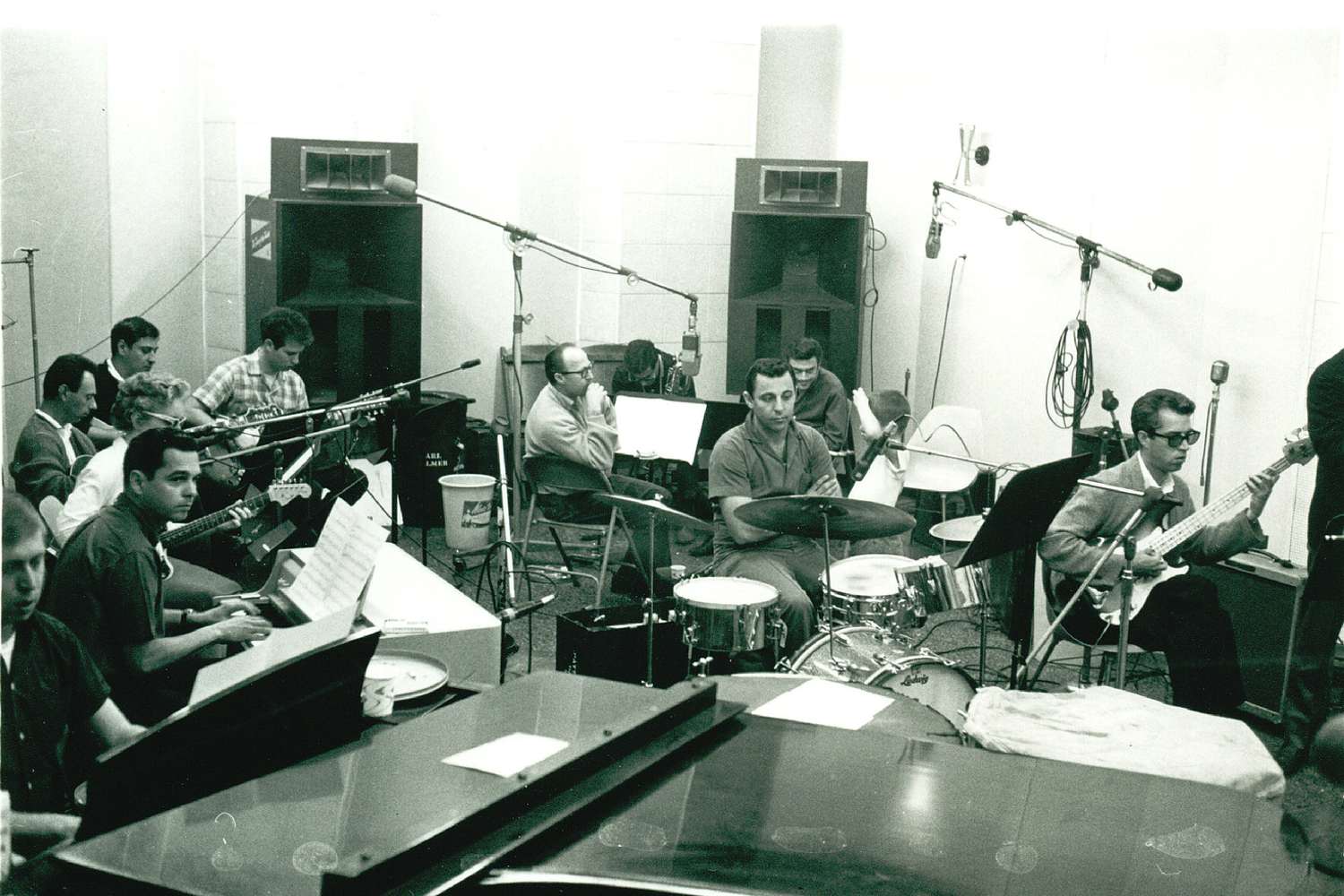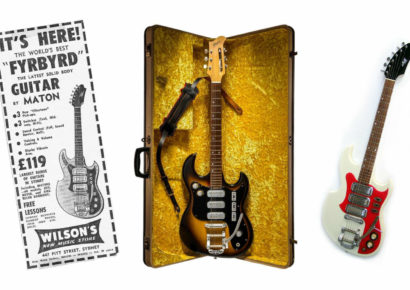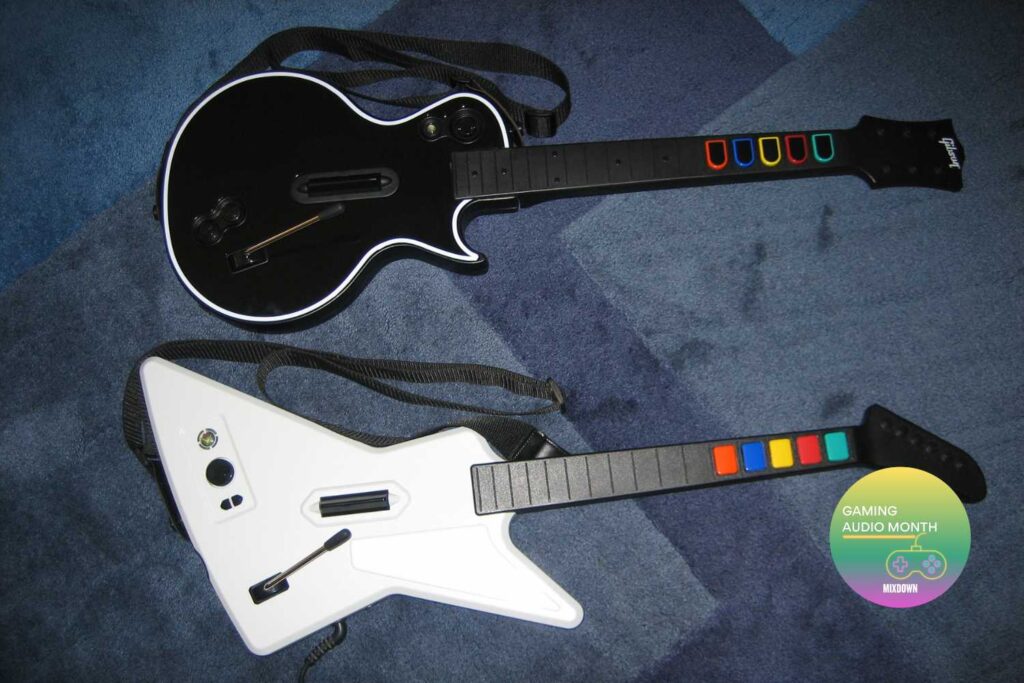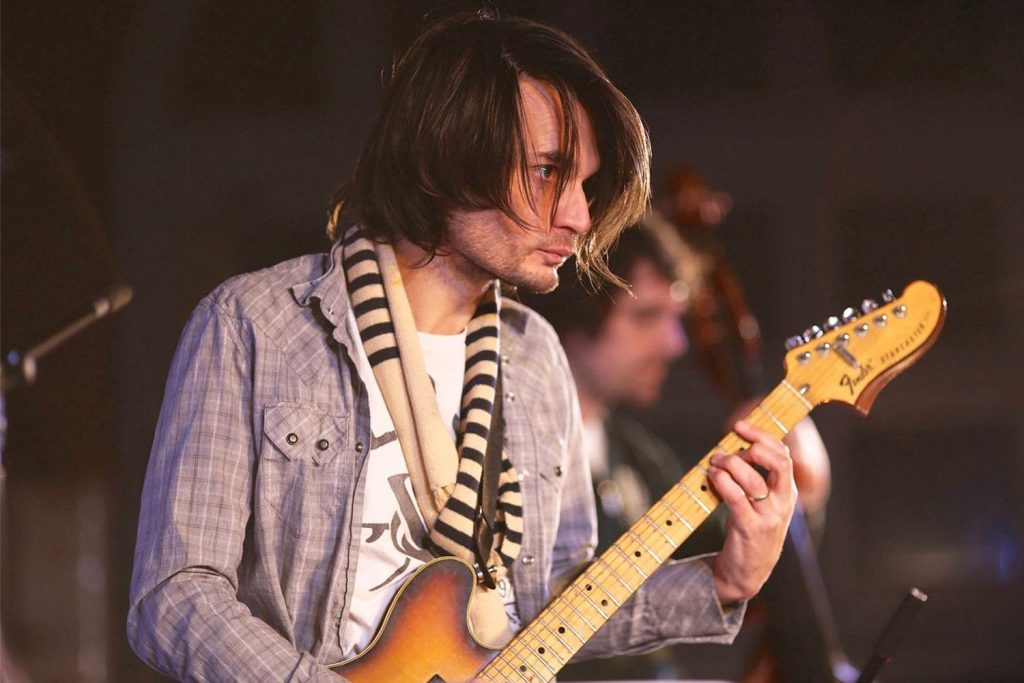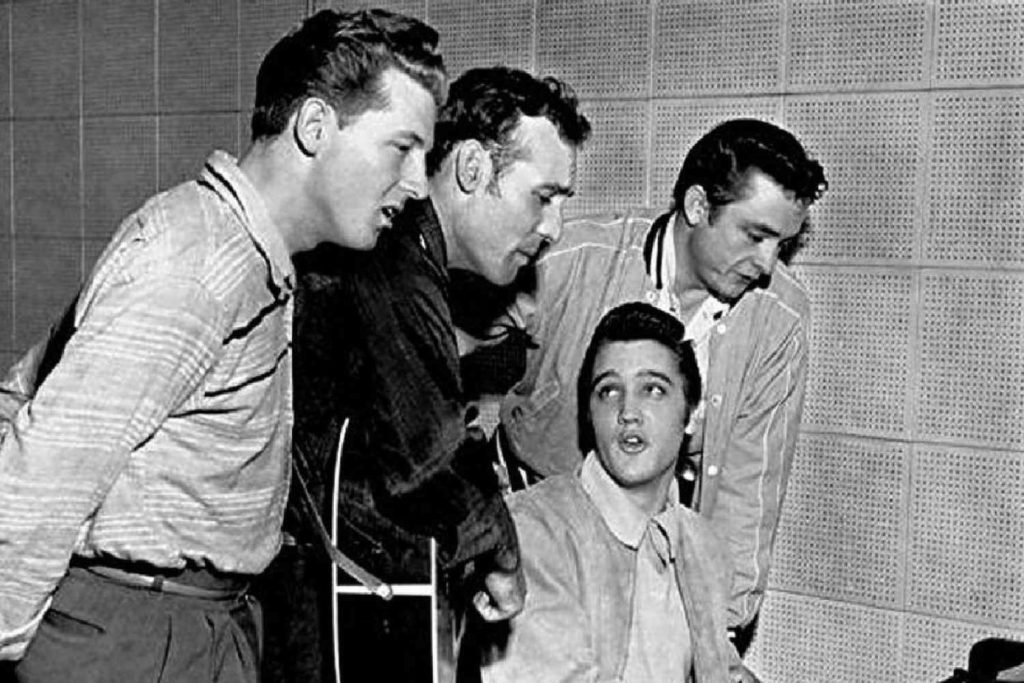Diving into the history of The Wrecking Crew, some of the most prolific yet unknown musicians behind your favourite tracks
There’s no question that music is in a different place now than it was 50 years ago. After the technological advancements in this new millennium, there’s been less of a reliance on musicians, with producers favouring software to build that wall of sound that has been a staple of so many pop songs over the years. Before all this was the case, a group of musicians known as The Wrecking Crew were the first port of call for producers.
The Wrecking Crew
We’ve heard so many stories about them, heard many of their tunes, but who were the people behind the music? Today we’re diving into who they were and what they brought to so many records we’ve come to love over the past few decades.
Read all the latest features, columns and more here.
The beginnings of The Wrecking Crew
The first makings of The Wrecking Crew came in the late 1950s, where many of The Crew’s musicians were part of what was called the ‘A-List’ session musician circle. One of these could be found in each of the big US states where a lot of recording was done – Los Angeles, New York, Nashville, and Muscle Shoals.
A lot of rock and pop that originated during that time sounded very different to music that preceded it, holding more of a basis in rock and roll rather than blues. This can be attributed to a lot of different things, mainly the fact that a lot of sessions were recorded live, due to the limited capabilities when it came to multi tracking.
These ‘A-List’ session musicians became The Wrecking Crew soon thereafter, idolised by many in the scene due to their extraordinary talent, adaptability, and phenomenal music pedigree. Many also had unique sight-reading skills and improv abilities, making them ideal workers when it came to recording with artists like Brian Wilson.
Formulating the brand
One of the early members of The Wrecking Crew was Hal Blaine, who actually came up with the name of the group, which came from their reputation in the session musician world, many old school players would look down on their tendencies towards rock and roll.
A great deal of the formation behind the Crew can be credited to producer Phil Spector, who got a few of the Crew’s members to work on music from artists like The Crystals and The Ronettes. Due to the quick rise to attention these songs received, the Wrecking Crew quickly became some of the most wanted session players across America.
As seems to be the case with a lot of information about The Wrecking Crew, there are few reports on how many people were actually in the group, it’s said to be anywhere between 10 and 30 people.
The first instance of the group consisted of Ray Pohlman, Hal Blaine, Tommy Tedesco, Al De Lory, and Jimmy Bond. The group found attention between 1960-1970, working on a lot of the songs released in that decade.
Separately, the most recognisable names from The Wrecking Crew each had a significant career in their own right, every member being a part of a record that was an important part of music during that time. Each had a unique talent and playing style that made music something special.
The Wrecking Crew bass guitarists
Carol Kaye was the most recognised bass player of the group, and one of the only women to appear in that sort of capacity in the industry at that time. She was an important facet of music even before her work in the Crew, appearing on tracks like ‘La Bamba’ from rock and roller Ritchie Valens.
Kaye had an interesting style behind her work, often using the upper register on her bass, and would often rely on playing more melodic phrases rather than standard bass lines, setting her apart from the pack.
There would often be a double bass used in sessions, which picked up the lower end that would be missing from Kaye’s playing, and adding into the wall of sound that ruminated across so many Wrecking Crew songs.
For some instant recognition of her work, check out Kaye describing the origin of ‘Good Vibrations’.
Other bass players at the time included Joe Osborn, Bill Pitman, Max Bennett, Red Callender, Chuck Rainey, and Bob West, as well as Jimmy Bond, Lyle Ritz, and Chuck Berghofer.
The Wrecking Crew drummers
In the world of drumming, there were two main drummers of The Wrecking Crew, Hal Blaine and Earl Palmer. Palmer popped up in tracks like ‘Ain’t No Mountain Enough.’ Blaine was one of the main players of the Crew, his basis in jazz drumming making him one of the best, bringing something special to recordings he played on.
The Wrecking Crew guitarists
When it came to guitar, one of the world’s most renowned guitarists was a part of the group, Glen Campbell. He appeared on most of the music of The Beach Boys, even becoming a member of the group years later and touring the world with them.
Campbell also had a unique playing style, relying on jazz-based improvisation in much of his work, with elements of it even making their way into his country music tracks over the years.
The Wrecking Crew keys players
On the piano/keyboard end of things, this is where the musical prowess of the session group really was showcased, with frequent keyboarder Larry Knechtel featuring on most of The Wrecking Crew’s tracks, like Elvis Presley’s ‘If I Could Dream’ and Simon and Garfunkel’s ‘Sounds of Silence’.
Knechtel would also pick up the bass, guitar, and harmonica on multiple tracks, which can be heard on music by The Doors, Elvis Presley, and Barbara Streisand.
The decline
In the late ’60s and early ’70s, The Wrecking Crew quickly lost a lot of their work due to a number of different reasons, one of the main being the fact that a lot of musicians started to play their own instruments when recording music – some of the biggest names at that time included Bob Dylan, Elton John, and Ray Charles, each musically talented on their respective instruments.
Secondly, due to a small rise in technology, less musicians were required during the recording process. A lot of producers found that the use of a synthesiser could be as effective as using the session musicians, a trend which still continues today.
Check out more info on The Wrecking Crew here.
